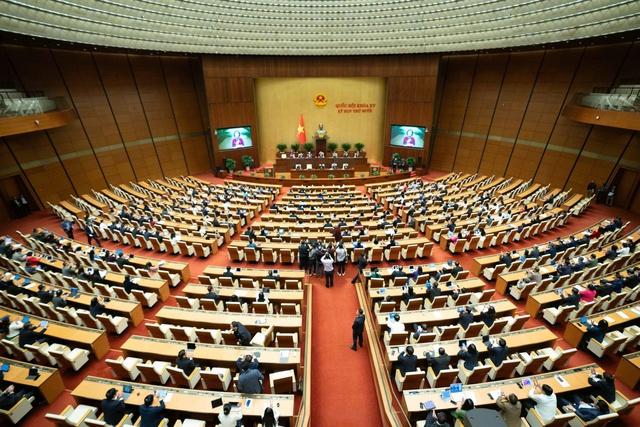
Discussing the Draft Law on amending and supplementing a number of articles of the Law on Education; the Draft Law on Higher Education (amended); the Draft Law on Vocational Education (amended); the draft Resolution of the National Assembly on specific mechanisms and policies to implement Resolution No. 71-NQ/TW of the Politburo on breakthroughs in education and training development, many National Assembly deputies expressed their opinions on recruitment, transfer, job arrangement, and ensuring salary and allowance regimes for teachers.
Publicity and fairness in teacher recruitment and assignment
Regulations related to decentralization and delegation of authority to recruit, receive, mobilize, transfer, second, arrange, and assign job positions to teachers, educational institution managers, and staff in public educational institutions are of interest to many National Assembly deputies.
Giving his opinion on the discussion, delegate Hoang Van Cuong ( Hanoi ) said that to have a good school, the first decisive factor is to have a team of good teachers, dedicated to the profession, loving the profession, and especially respecting professional honor.
Therefore, the most important step in recruitment is the entrance exam. We must create a large playground for all those who wish to become teachers of schools in the same locality to have the opportunity to compete with each other.
According to the delegate, to be fair and transparent, the Department of Education and Training should organize a common exam for all schools needing to recruit teachers across the province, to have "a common measure" for all candidates.
Based on the exam results, schools and communes only need to select the required number of teachers based on the scores of each registered candidate, from high to low.
Teachers who are not accepted into one school can apply to another school with the same entrance exam results. The more applications, the better the schools can choose the candidates, and the higher the chances of being accepted.
"If each school and commune is assigned to organize their own entrance exams, the number of exam questions and the number of exam councils will multiply accordingly.
That is not only costly and wasteful, but more worryingly, the quality of exam questions among schools is uneven, which can lead to uneven recruitment of teachers among schools," delegate Hoang Van Cuong emphasized.
Also according to delegate Hoang Van Cuong, in the context of rapid decline in birth rate and strong migration as present, there needs to be a mechanism with sufficient authority to "transfer teachers from schools with surplus to schools with shortage" to overcome the situation in the same area where some schools have surplus teachers and some schools have shortages of teachers that cannot be handled.
Sharing the same view, delegate Pham Hung Thang (Ninh Binh) agreed with the decentralization and assignment of authority to recruit, receive, mobilize, transfer, second, arrange, and assign job positions for teachers, educational institution managers, and staff in public educational institutions to the Director of the Department of Education and Training.
However, there should be specific regulations to ensure publicity, transparency and fairness in the recruitment, mobilization and transfer of educational personnel.
In particular, regulations on coordination between the Department of Education and Training, the Director of the Department of Education and Training with local authorities at the commune level - where educational personnel are mobilized or transferred and where educational personnel are received, mobilized or transferred.
"This regulation aims to avoid the risk of abuse of power or negativity, difficulties and obstacles in the implementation process," said delegate Pham Hung Thang.
Increasing benefits for teachers is necessary.
According to the draft Law, preferential vocational allowances are applied to public preschool and general education establishments at a minimum level of 70% for teachers, 30% for staff and 100% for teachers working in areas with especially difficult socio-economic conditions, border areas, islands, ethnic minority and mountainous areas.
Delegate Pham Hung Thang said that through studying and comparing the draft Resolution of the National Assembly on a number of breakthrough mechanisms and policies for the work of protecting and taking care of people's health, it is stipulated that: People who regularly and directly work in medical professions at commune health stations and preventive medicine are entitled to a 100% preferential occupational allowance for areas with difficult socio-economic conditions and areas with especially difficult socio-economic conditions.
Meanwhile, according to Resolution No. 71 and the draft Resolution of the National Assembly, only teachers in areas with especially difficult socio-economic conditions are entitled to 100% preferential vocational allowance.
Teachers working in areas with difficult socio-economic conditions are only entitled to preferential allowances like those in other areas with developed socio-economic conditions.
Considering that such regulations are not proportionate, not fair and not superior, delegate Pham Hung Thang suggested that the drafting agency should study and expand the provision to include public preschool and primary school teachers working in areas with difficult socio-economic conditions to enjoy a corresponding level of preferential occupational allowance.
"If it is not 100%, it should be higher than 70% to avoid disadvantages for this group" - the delegate said.
Regarding professional allowances, delegate Hoang Van Cuong said that teaching is a very special profession, requiring teachers to take special care of themselves and their reputation to set an example for students.
People with other jobs, if their salary is not enough to live on, can do many extra jobs to earn more income, but teachers cannot, "even if they do extra work in their right profession, which is teaching, they cannot teach whatever they want"...
Meanwhile, having a higher allowance helps teachers have a better income, be more aware of their responsibility to society and students, and will devote all their attention to teaching in school.
Therefore, delegate Hoang Van Cuong said that increasing the remuneration for teachers is only a small investment of society but brings benefits to hundreds and thousands of students, bringing very high social efficiency.
"When more attention is paid, society's requirements for teachers must also be higher and society's supervision of teachers' performance of duties and responsibilities must also be tighter and more in-depth.
That mechanism will help us form a team of standard teachers, which is the decisive factor for the success of our country's education system," delegate Hoang Van Cuong shared.
The current salary of teachers is not commensurate with their efforts and intelligence.
Sharing the same view, delegate Ly Anh Thu (An Giang) said that some regulations on treatment and honoring teachers are still general and have not created a strong motivation to attract and retain talented people in the education sector.
According to delegate Ly Anh Thu, the draft Law stipulates that teachers' salaries are ranked highest in the administrative career salary scale system, but the actual implementation still has many shortcomings.
The current salary of most teachers, especially preschool and primary school teachers and young lecturers, is still low compared to the general level of society and not commensurate with the effort and intelligence they put in.
Regarding the allowance regime, delegate Ly Anh Thu said that there needs to be a clearer distinction in allowance levels between educational levels, regions and teaching staff to ensure fairness and efficiency. In particular, more attention needs to be paid to the teaching staff working in remote areas, areas with particularly difficult socio-economic conditions.../.
Updated on November 21, 2025
Source: https://laichau.gov.vn/tin-tuc-su-kien/chuyen-de/tin-trong-nuoc/dai-bieu-quoc-hoi-gop-y-ve-che-do-tien-luong-phu-cap-tuyen-dung-dieu-dong-bo-tri-cong-vec-doi-voi-nha-giao.html



![[Photo] President Luong Cuong receives Speaker of the Korean National Assembly Woo Won Shik](/_next/image?url=https%3A%2F%2Fvphoto.vietnam.vn%2Fthumb%2F1200x675%2Fvietnam%2Fresource%2FIMAGE%2F2025%2F11%2F21%2F1763720046458_ndo_br_1-jpg.webp&w=3840&q=75)

![[Photo] National Assembly Chairman Tran Thanh Man holds talks with President of the Senate of the Czech Republic Milos Vystrcil](/_next/image?url=https%3A%2F%2Fvphoto.vietnam.vn%2Fthumb%2F1200x675%2Fvietnam%2Fresource%2FIMAGE%2F2025%2F11%2F21%2F1763715853195_ndo_br_bnd-6440-jpg.webp&w=3840&q=75)
![[Photo] General Secretary To Lam receives President of the Senate of the Czech Republic Milos Vystrcil](/_next/image?url=https%3A%2F%2Fvphoto.vietnam.vn%2Fthumb%2F1200x675%2Fvietnam%2Fresource%2FIMAGE%2F2025%2F11%2F21%2F1763723946294_ndo_br_1-8401-jpg.webp&w=3840&q=75)
![[Photo] Visit Hung Yen to admire the "wooden masterpiece" pagoda in the heart of the Northern Delta](/_next/image?url=https%3A%2F%2Fvphoto.vietnam.vn%2Fthumb%2F1200x675%2Fvietnam%2Fresource%2FIMAGE%2F2025%2F11%2F21%2F1763716446000_a1-bnd-8471-1769-jpg.webp&w=3840&q=75)
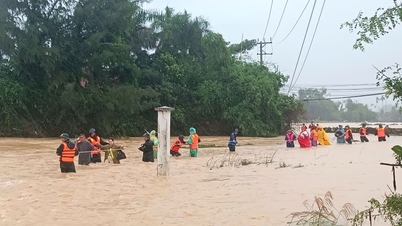

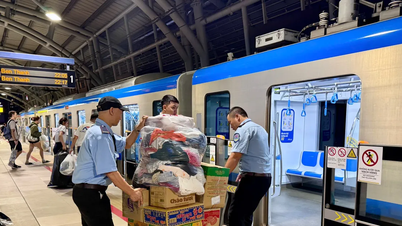

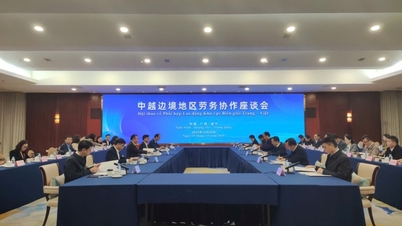



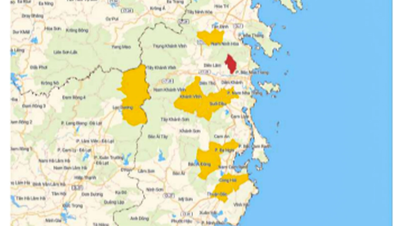
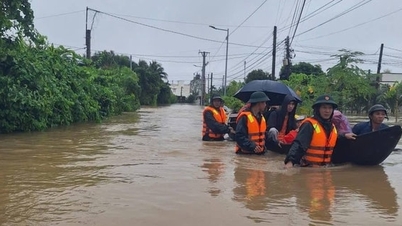






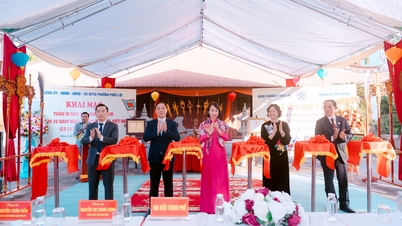
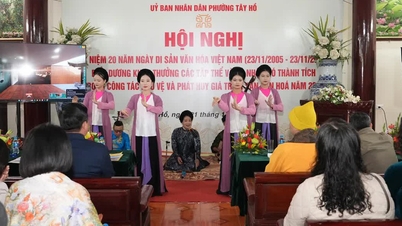
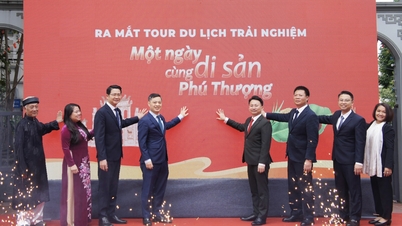














































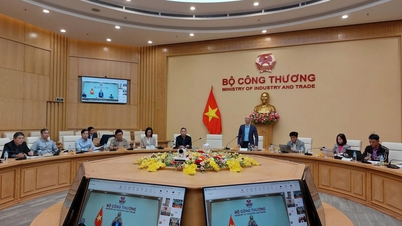





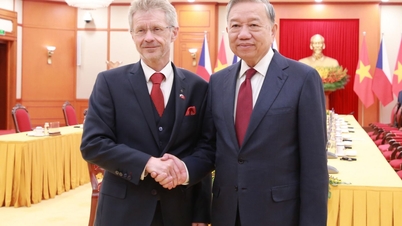

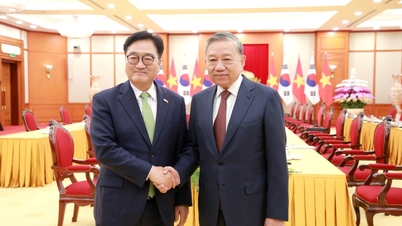


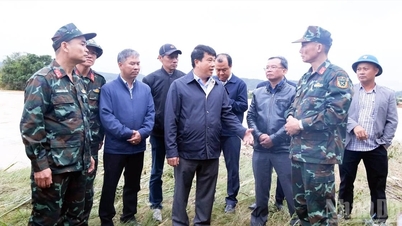

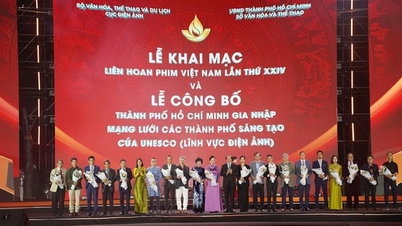












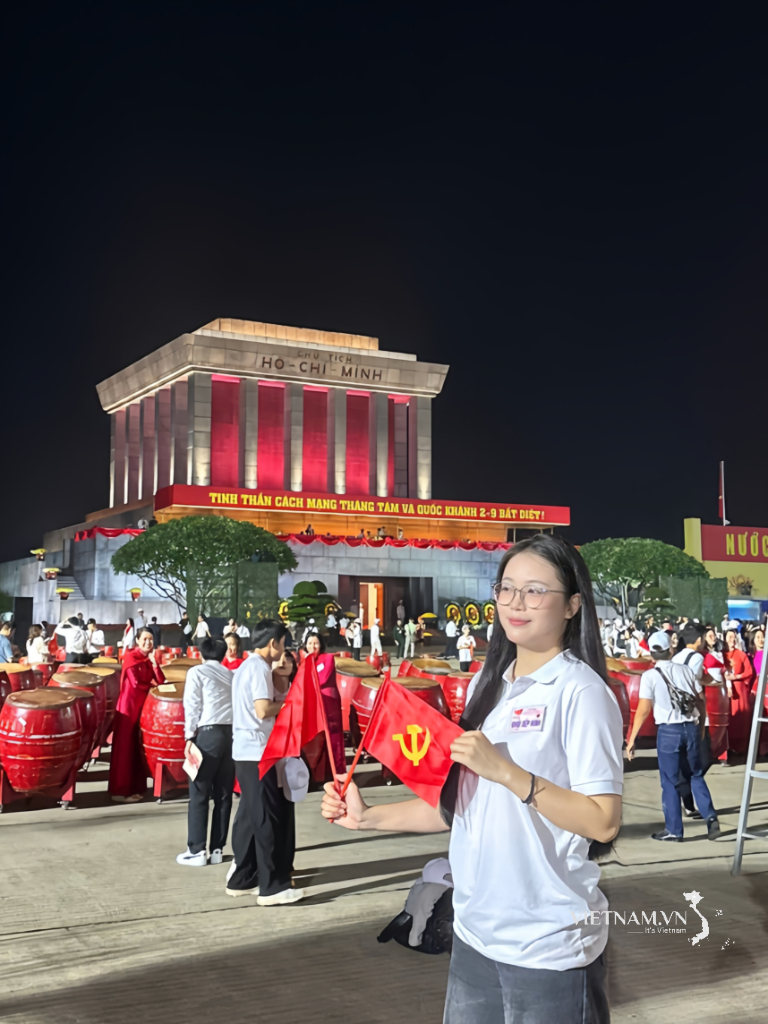

Comment (0)